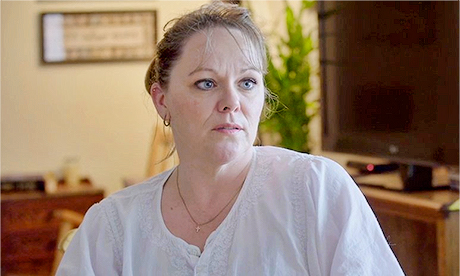The earliest written record from the town of Hamelin in Lower Saxony is from 1384.
It states simply, “It is 100 years since our children left.”
Historical accounts indicate that sometime in the 13th century, a large number of the town’s children disappeared or perished, though the details of the event remain a mystery.
“The Pied Piper of Hamelin” is, as far I as have been able to determine, the only Grimm’s fairy tale that is based substantially on a historical event.
Both the actual event and the Grimm’s tale suggest an archetypal situation in which adults have allowed children to be seduced away into peril.
This tale is a disconcertingly apt metaphor for various social contagions that have overtaken collective life throughout the centuries.
Having witnessed the destruction and horror of World War II, the Swiss psychoanalyst Carl Jung had much to say about what he termed “psychic epidemics.”
Several times throughout his Collected Works, he stressed that such “mass psychoses” are the main threat facing humanity today.
“The gods have become disease,” Jung famously wrote.
“Zeus no longer rules Olympus but rather the solar plexus, and produces curious specimens for the doctor’s consulting room, or disorders the brains of politicians and journalists who unwittingly let loose psychic epidemics on the world”.
When we smugly imagine ourselves above the influence of contents from the collective unconscious, then we are most susceptible to possession by them.
Currently, we appear to be experiencing a significant psychic epidemic that is manifesting as children and young people coming to believe that they are the opposite sex, and in some cases taking drastic measures to change their bodies.
“Rapid-onset gender dysphoria”
I am particularly concerned about the number of teens and tweens suddenly coming out as transgender without a prior history of discomfort with their sex.
“Rapid-onset gender dysphoria” is a new presentation of this condition that has not been well studied.
Current psychotherapeutic practice involves affirmation of a young person’s self-diagnosis.
Although this practice will undoubtedly help a small number of children, I am concerned that there may be many false positives.
This topic first came to my attention in my practice.
A patient reported that her daughter was identifying as transgender.
I admired the way this mother attempted to support her child, and I marveled at the creativity of youth culture in challenging traditional conceptualizations of gender.
My view of this cultural trend as benign collapsed in an instant, however, when I learned that young women were having mastectomies as young as 14.
Realizing that the identity exploration of teenagers was being treated in a concretized way that would have drastic, permanent consequences for the young people involved immediately filled me with concern.
Further research online and through speaking with people only increased my alarm. Continue reading
- Lisa Marchiano, LCSW, is a writer, licensed clinical social worker, and certified Jungian analyst in private practice in Philadelphia. Lisa is on the faculty of the Philadelphia Jung Institute and lectures nationally on Jungian topics. She has a special interest in fairy tales and is writing a book on motherhood as an experience of psychological growth. She blogs at www.theJungSoul.com.
- Image: Twitter
